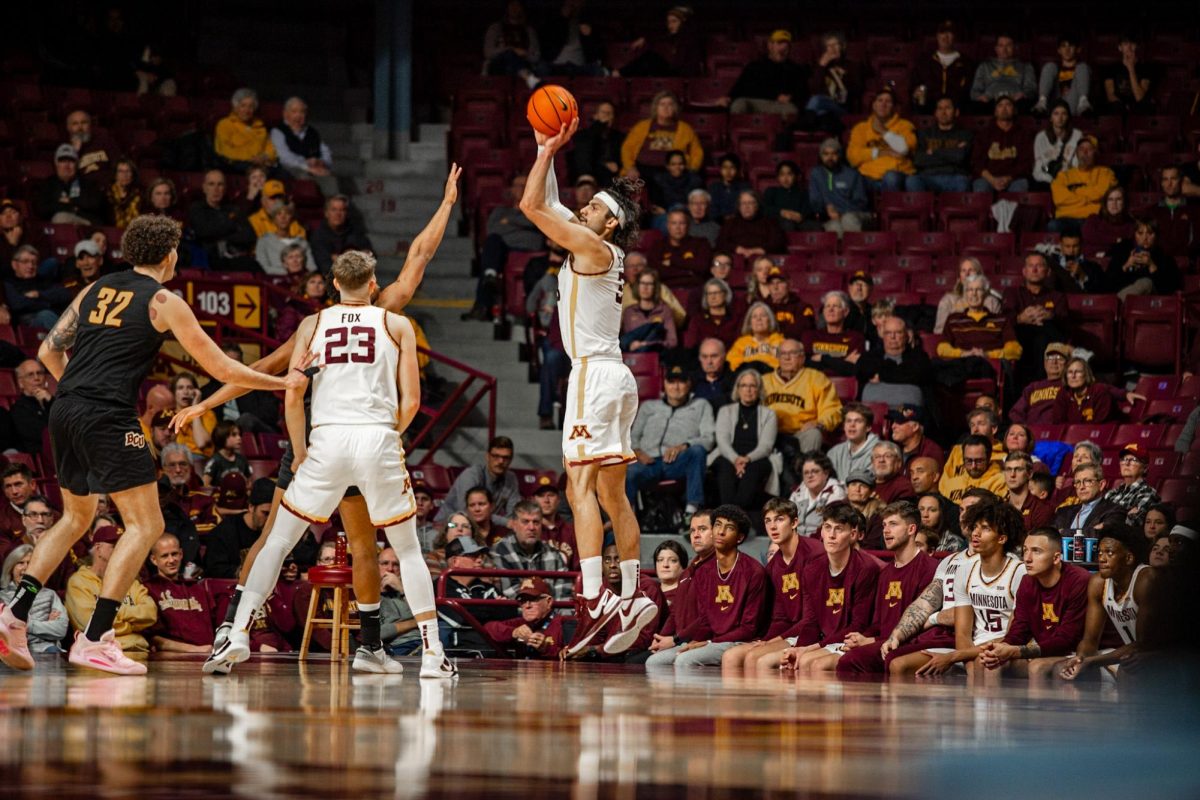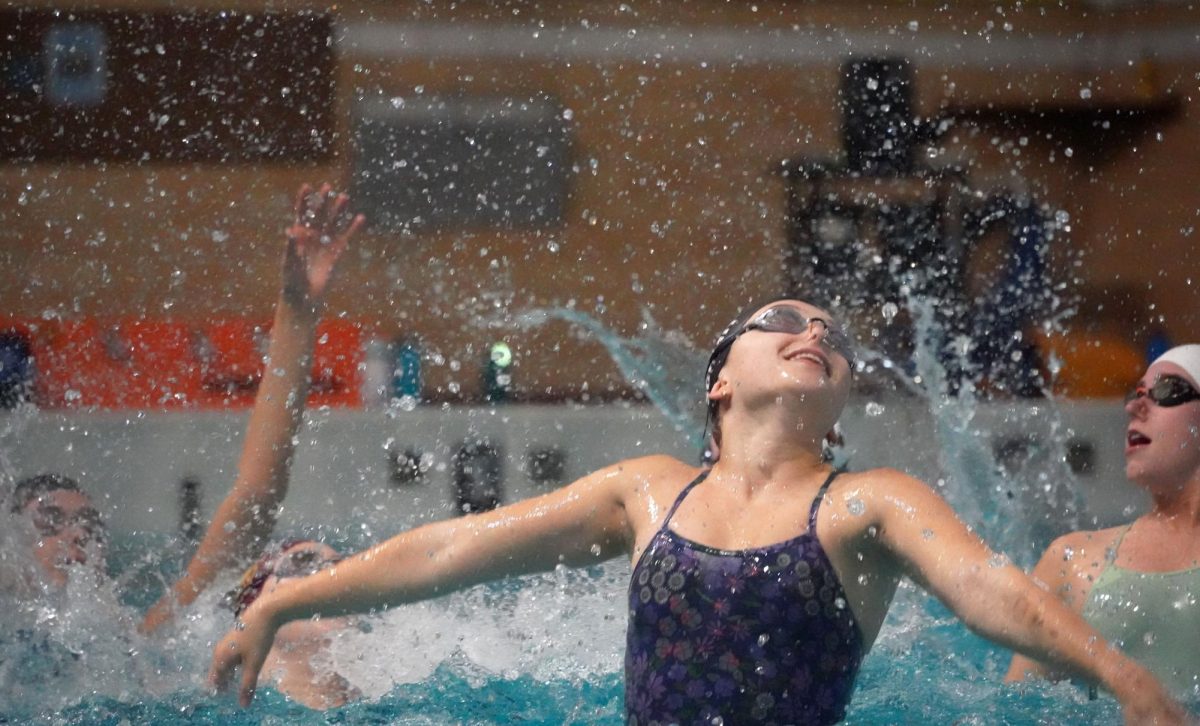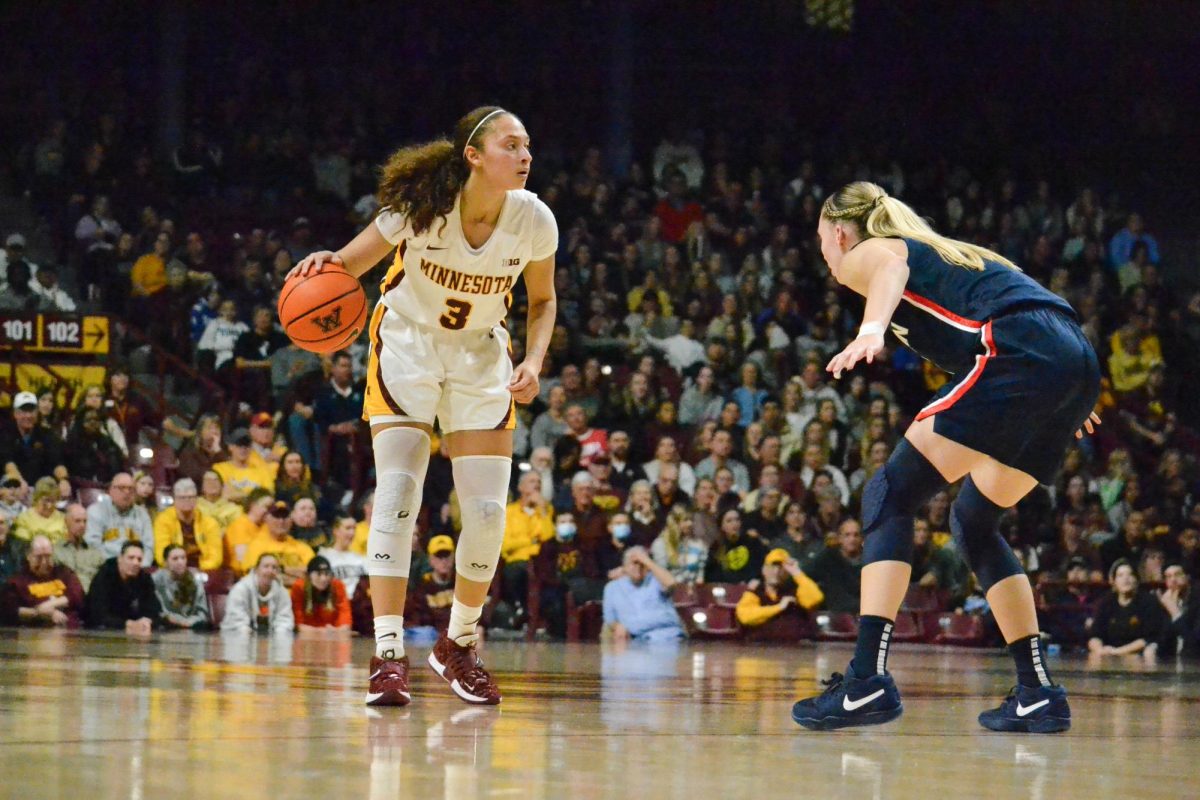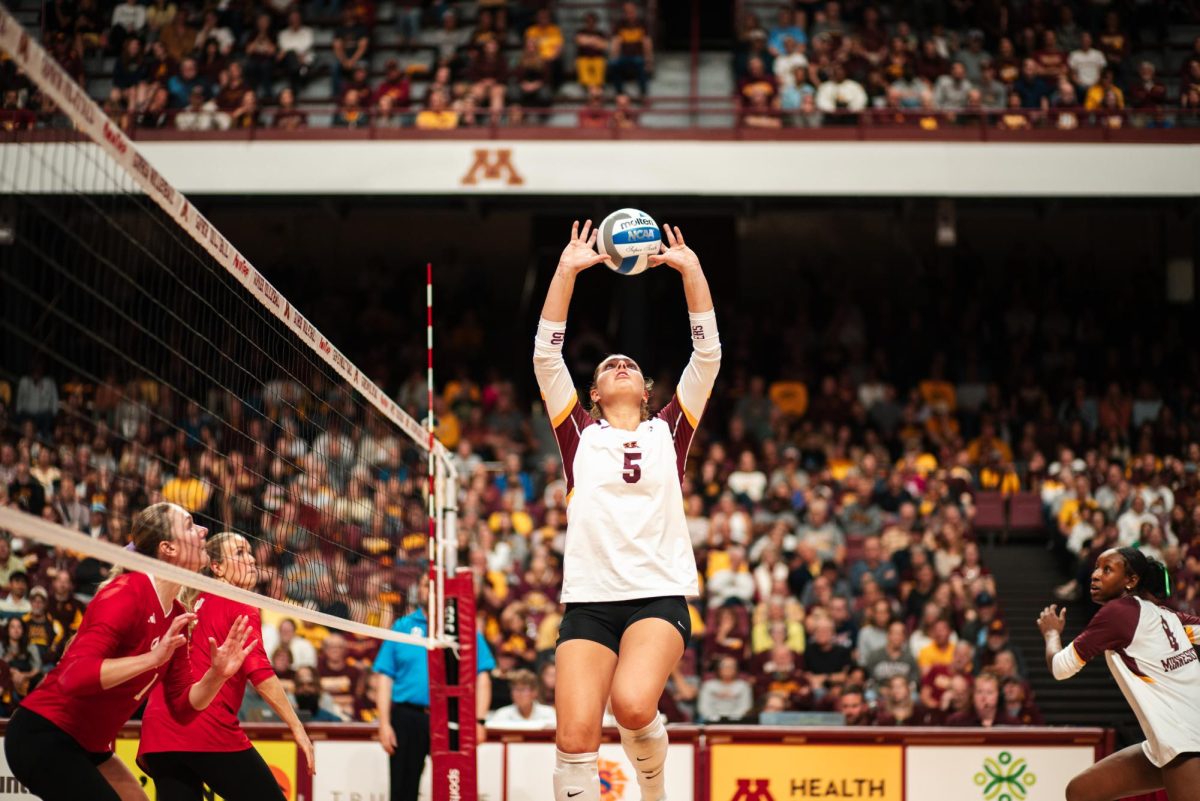Student-athletes have come to expect their scholarships to be there for them, regardless of injury.
New legislation passed by a National Collegiate Athletic Association cabinet looks to expand that coverage beyond on-field happenings.
The emergency legislation sponsored by the Division I Academics/Eligibility/Compliance Cabinet would protect a student-athlete’s scholarship in the event of a medical condition such as pregnancy, mental illness or eating disorders.
“It could be a temporary condition or it could be, in some cases, a permanent condition,” Jennifer Kearns, associate director of NCAA public relations, said. “Just to give them a little more protection than the current legislation provides.”
Currently, the rule states a student-athlete’s scholarship is protected if they are unable to play “because of an injury that prevents the recipient from participating in athletics,” Kearns said.
The new legislation would cover a student-athlete’s scholarship in the event of a medical condition, including if a student-athlete suffers from drug or alcohol addiction.
For their scholarships to be protected under the legislation, student-athletes must prove they are actually suffering from a medical condition, Kearns said.
“It’s not a rule about alcohol use,” she said. “It covers a student-athlete who might suffer from a medical condition that would be alcohol or drug addiction.”
Rules protecting student-athletes’ scholarships would override any school or team rules in regards to drug or alcohol use, Kearns said.
The legislation will go before the Division I Management Council for approval in October.
The University has its own rules regarding student-athletes and substance abuse, something athletics director Joel Maturi characterized as a “three strike policy.”
Upon the first positive test, a student-athlete might not see any specific sanctions other than referral to a counselor, according to University policy.
If that same student-athlete tests positive again, they stand to be suspended for 10 percent of their season, and after a third positive test, an entire year.
Despite the University’s policies, Maturi said the athletics department currently adheres to the rules laid out in the new legislation.
“We already do that,” he said. “Other institutions and the leadership at the NCAA, I think, are realizing what we at Minnesota have realized.”
No student-athlete has had their scholarship canceled or reduced because of a medical condition, including drug or alcohol addiction, Maturi said.
While a student-athlete will not have their aid reduced, Maturi said they must make every effort to get better.
“I’m not trying to imply that somebody who continues to remain ill without seeking and advancing in their appropriate treatment is going to continue to get aid,” he said. “We’re not here to help pay for their drug habit.”
There are other concerns which further complicate scholarship issues.
Per NCAA rules, each team is allowed a limited number of scholarships, a reality that could be made worse if student-athletes who don’t compete receive them.
While he agreed with the cabinet’s reasoning, Maturi said he would like to see a provision that would prevent the protected scholarship from counting against the team’s total number.
“It’s not that we want to take the aid away, but the coaches would like to use that aid for somebody who is going to compete,” Maturi said. “I understand that logic that has nothing to do with negativity towards the individual.”
Architecture junior and Gopher softball player Bethany Wolvington said she agrees with the legislation, for the most part.
“If it’s medical you shouldn’t be allowed to take anything away from somebody because of medically uncontrollable things,” she said. “That wouldn’t be reasonable.”
Aside from the medical portion of the legislation, Wolvington was hesitant to support the provisions that deal with drug and alcohol use.
“What would be the point of the team rules?” she said. “If it’s going against the rules we already have, then it would be different.”
Wolvington said she would support the reduction or cancellation of a student-athlete’s scholarship if they are abusing drugs or alcohol.
Genetic cell biology development junior Bradley Johnson echoed Wolvington’s sentiment, but said he would be more strict.
“If anything in their personal life compromises what they’re supposed to do with the sports department, I think the sports department should revoke their scholarship,” he said.







